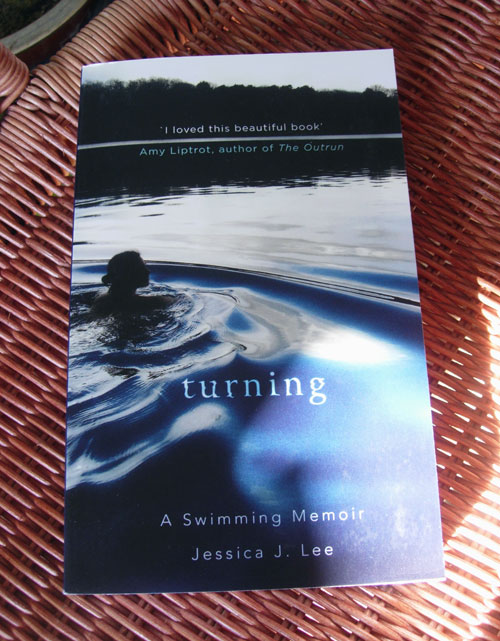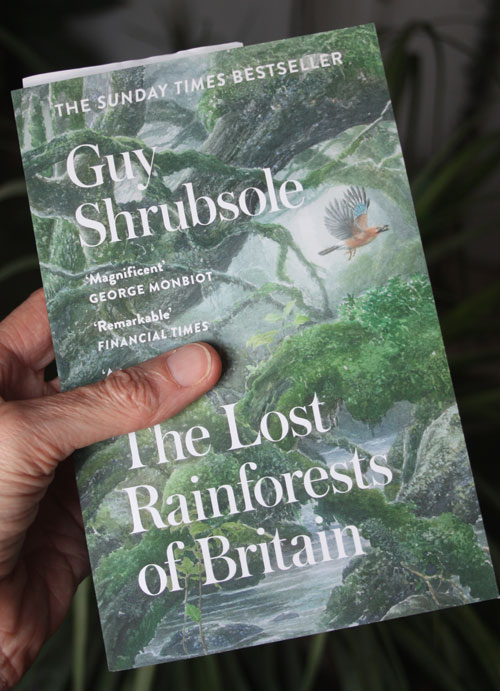I haven’t had a lot of practice writing book reviews, but I thought I’d try. Here’s one I’ve written recently:
I am drawn to water and freshwater in particular. Inspired by Roger Deakin’s “Waterlog”, I was keen to read “Turning”, a swimming memoir by Jessica J. Lee – and really enjoyed it.
The author, a Canadian with British-Chinese parents, is living temporarily in Berlin to write up a thesis. Feeling depressed she turns to swimming in the hope that she’ll heal a broken heart. She decides to set herself the challenge of swimming in 52 lakes around Berlin over the course of a year. With just her bicycle and packed lunch she sets off during breaks in her writing to swim in a lake every week, sometimes using the train and often alone. Swimming in all weathers, she likes winter the best and occasionally has to break lake ice with a hammer. Her relationship with the lakes grows as the environment subtly changes with the seasons.

Swimming becomes a way for her to find a sense of belonging in a new city. She hopes to find solace and gain an understanding of herself by literally immersing herself in the landscape. The book works well in various ways. For example, the author’s experiences, memories and feelings are reflected in the landscape and water with the use of simple similes and metaphors,
“I’ve been angry with myself for losing my equilibrium, for confusing swimming with love. I’ve been furious at myself for sinking… Feeling as clear as the day, as deep as the lake.”
When she swims, the language is sensual and lyrical but hints at her deep hurt,
“…The lake feels cleaner on your arms, less like velvet, more like cut glass.”
She has a keen eye for the details of the natural world, illustrated when her current situation as a newcomer to the region is accentuated by some wildflowers she notices,
“I’m struck by a tiny flash of pale pink in the green. Himalayan balsam… They are aliens here.”
During her explorations she encounters the ghosts of Berlin’s past as well as her own. Musings by writers such as Theodor Fontaine and the research of water scientists interweave with the author’s story.
Water permeates the book; cities, countries and continents are linked by their lakes and the author’s history. Relationships ebb and flow, sometimes serving as anchors, sometimes causing grief. Her present story shifts to her past and back again until we are acquainted with her life – like the stratified layers of a lake.
In the last chapter Margaret Atwood’s “Surfacing”, is mentioned, an influential book for the author. Perhaps this could have been introduced earlier in the book.
Like Roger Deakin in “Waterlog”, Jessica J. Lee successfully gets “under the skin of things”. But her story is markedly different. “Turning” is beautiful book about lake swimming, loss, resilience, solitude and finding a sense of belonging.



